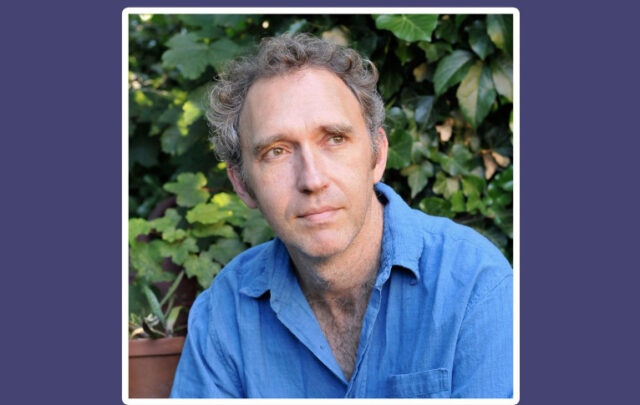THIS EVENT TOOK PLACE ON 13 MAY, 2013
This Transition Network and Resilience.org Webinar entitled Local Economic Blueprints: pioneering or pointless? discussed the recently published Totnes & District Local Economic Blueprint and whether it could serve as a useful model for other communities.
This innovative process, also being trialled in Hereford and in Brixton, looks at the potential of local economies, trying to quantify the potential economic benefits of taking a more localised approach to economic development. It shows that, in the case of Totnes, a shift of 10% of money spent on food could lead to £2.2 million of increased local economic activity, with the resultant growth in jobs, training and so on.

 Molly Scott Cato is Professor of Strategy and Sustainability at Roehampton University and has worked for several years as a green economist. Her latest book, The Bioregional Economy: Land, Liberty and the Pursuit of Happiness was (Routledge, 2012) develops ideas for a new model of stable and sustainable economic life. She is economics speaker for the Green Party and their lead candidate for the south-west in the 2014 European elections.
Molly Scott Cato is Professor of Strategy and Sustainability at Roehampton University and has worked for several years as a green economist. Her latest book, The Bioregional Economy: Land, Liberty and the Pursuit of Happiness was (Routledge, 2012) develops ideas for a new model of stable and sustainable economic life. She is economics speaker for the Green Party and their lead candidate for the south-west in the 2014 European elections. Tony Greenham is Head of Finance and Business at nef, leading the programme of research into reforming the financial sector and aligning the interests of society and business. In addition to the programme areas of banking reform, monetary policy, community currencies and sustainable financial markets, he has research interests in local and regional development, and post-growth economics. Tony is a regular media commentator on banking issues, contributing to various BBC programmes including BBC Today, Newsnight, Radio 5 Live, as well as Sky News and Channel 4 News and writing for the Sunday Times, Guardian, Daily Mail and Huffington Post.
Tony Greenham is Head of Finance and Business at nef, leading the programme of research into reforming the financial sector and aligning the interests of society and business. In addition to the programme areas of banking reform, monetary policy, community currencies and sustainable financial markets, he has research interests in local and regional development, and post-growth economics. Tony is a regular media commentator on banking issues, contributing to various BBC programmes including BBC Today, Newsnight, Radio 5 Live, as well as Sky News and Channel 4 News and writing for the Sunday Times, Guardian, Daily Mail and Huffington Post.
 Fiona Ward has been involved with Transition since 2006, firstly with Transition Town Totnes (TTT) and then also with the Transition Network. She set up and ran the Transition Streets project for TTT, and initiated and runs the REconomy Project for the TN. Fiona is the author of the Local Economic Blueprint, and is supporting a similar process in Herefordshire and Brixton. Fiona’s background is in business consulting, working with companies of all shapes and sizes over the last 20 years or so to define and deliver business transformation strategies. After realising that these kinds of transformations weren’t generally what served the greater good (or her own good!) Fiona moved from London to South Devon in 2006 just as Transition was getting going, which was a fantastic piece of good timing.
Fiona Ward has been involved with Transition since 2006, firstly with Transition Town Totnes (TTT) and then also with the Transition Network. She set up and ran the Transition Streets project for TTT, and initiated and runs the REconomy Project for the TN. Fiona is the author of the Local Economic Blueprint, and is supporting a similar process in Herefordshire and Brixton. Fiona’s background is in business consulting, working with companies of all shapes and sizes over the last 20 years or so to define and deliver business transformation strategies. After realising that these kinds of transformations weren’t generally what served the greater good (or her own good!) Fiona moved from London to South Devon in 2006 just as Transition was getting going, which was a fantastic piece of good timing.






